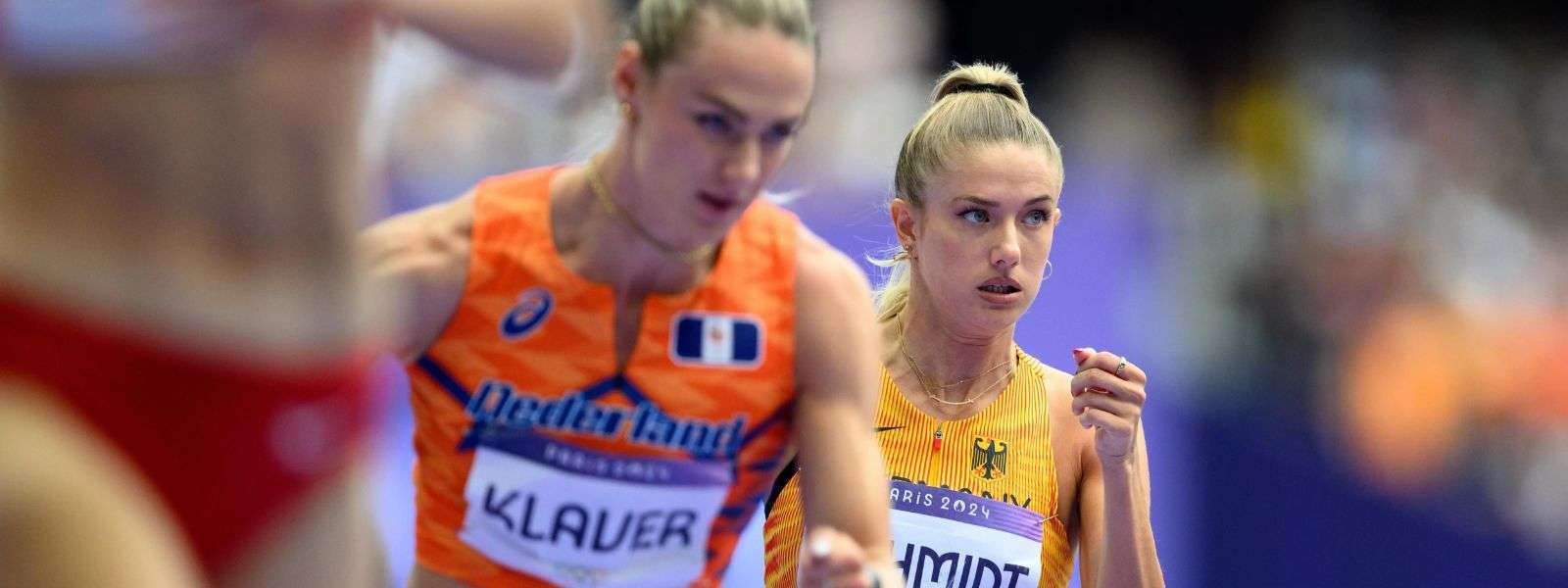
The Evolving Journey of Women in the Olympics
From the ancient tracks of Olympia to the modern stadiums of the world, the journey of women in the Olympic Games is a tale of resilience, empowerment, and progress.
The Olympic Games, a celebration of human athleticism and spirit, have evolved significantly since their inception, particularly in the inclusion and recognition of female athletes.
The Early Days - A Struggle for Inclusion: In the ancient Olympic Games, women were not only barred from competing but also prohibited from spectating, with the exception of the priestess of Demeter. It wasn’t until the advent of the Roman Empire that women began to compete in the Herean festival, an event held in honor of the goddess Hera, which included a race for young women.
The Modern Era: Breaking Barriers The first modern Olympic Games to feature female athletes was the 1900 Games in Paris. A mere 22 women competed, representing just 2.2% of all athletes. They participated in tennis, golf, and sailing, with Hélène de Pourtalès of Switzerland becoming the first female Olympic champion and Charlotte Cooper of Britain the first female individual champion.
The Expansion of Women’s Events: Over the years, more women’s events were added, with athletics and gymnastics debuting at the 1928 Olympics. It wasn’t until the 2012 London Games that women competed in all sports on the program, a milestone achieved with the inclusion of women’s boxing.
The Fight for Equality: Despite the increasing participation of women, the representation on the International Olympic Committee has lagged, only recently nearing its target of a minimum 20% female presence. As of 2023, women constituted 41.1% of the committee members.
The Present and Future: Today, the Olympic Games stand as a testament to the strides made in gender equality, with women participating in every sport and comprising a significant portion of the athletes. The Games continue to be a platform where women can showcase their strength, skill, and determination, inspiring generations to come.

